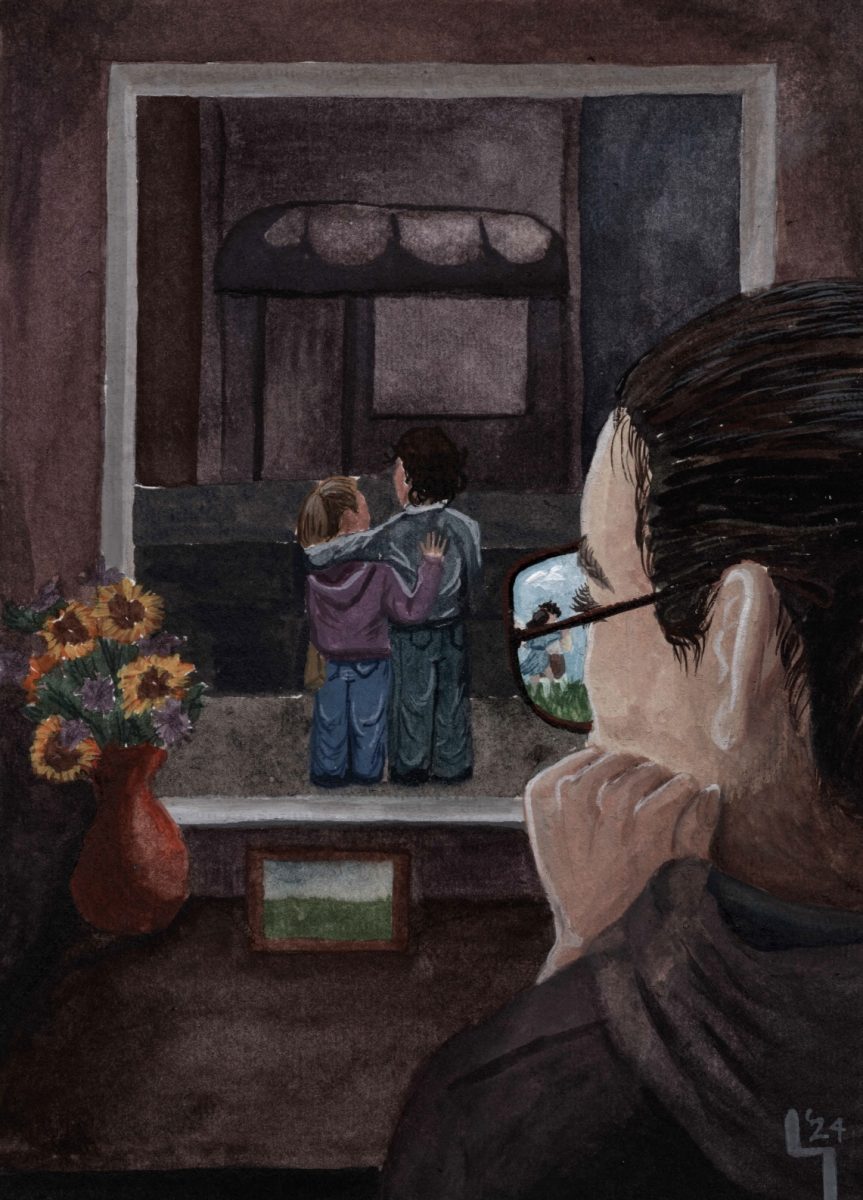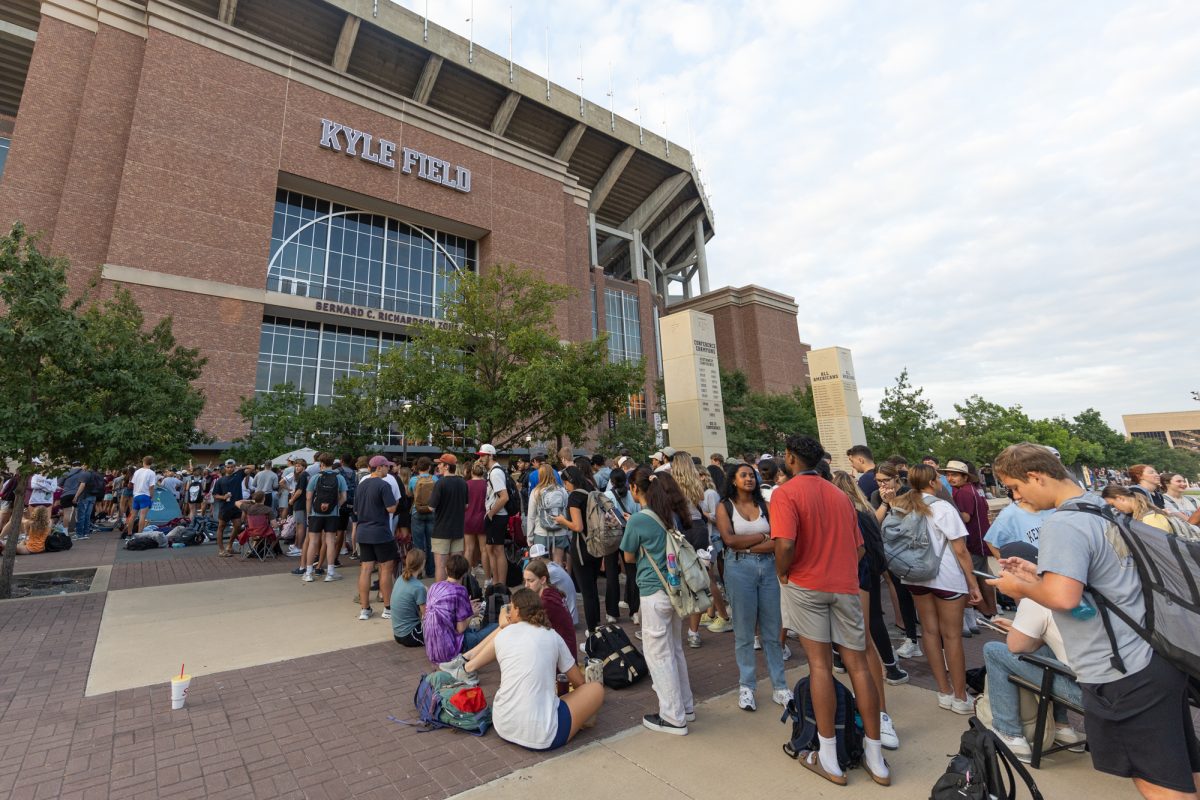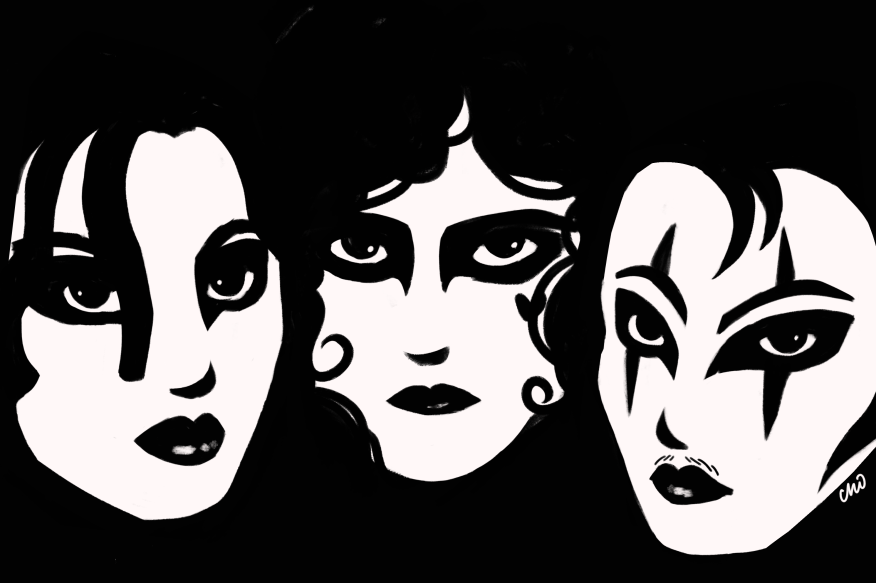To romanticize is to idealize; to think something is better — more exciting, interesting or meaningful — than it actually is.
We’ve become so exhausted with productivity being the center of our lives, sick of going through corporate society’s monotonies. It’s no wonder, then, why romanticism is the natural counterpart to rationalized society, fueling our rejection of self-worth being determined by how willing we are to sacrifice those rare moments of tranquility.
Don’t just grab a protein bar and banana as you rush out the door for work, take the time to go to your favorite French bakery instead. Don’t just hop in and out of the shower, make it an experience by adding bath bombs, candles and fragrances that make you happy. Don’t just throw on a sweatshirt and Crocs, put on your favorite outfit and add that cute bow. Make time for all of the unproductive little things to remedy your boring, less-than-satisfactory life.
And of course, we get these notions of what a romanticized life is from the media we consume.
What does real love look like? A passionate kiss in the pouring rain like in “The Notebook.” How about a serene road trip? The quintessential dramatic gaze out the window at the passing scenery. In what way can you romanticize the crowded hassle of your daily commute to school? Just go to Oxford with Ollie in Saltburn.
Life feels most romantic when it’s a performance, when you mimic the romantic scene in the film you saw. After all, to romanticize your life is to be the main character of your story. But does romanticization really turn you into a happier person, or just a happier character?
We apathetically disrupt moments where we’re sobbing our hearts out, making sure our eyes look the right amount of red and our mascara is the right amount of messy. Even alone, there’s still a desirable way to be sad, so who wouldn’t want to emulate the romantic, delicate sorrow of gorgeous Hollywood icons?
But they’re not reality.
When we lay our heads against the car window and romantically watch raindrops fall, we’re copying the movie characters who create this sentimental scene we ache for.
But who’s looking?
The inhumanly perfect-looking characters we see in films have been meticulously staged to portray life in just the right way. The hair, makeup, costumes, lighting and camera angles have been manufactured to create artificial reproductions of reality. The cameraman surgically stitches together the best-looking shots, not to express reality, but to mechanically assemble it.
This disconnected way of looking at your life creates an imaginary audience that constantly watches you. How we live our romanticized lives is determined by whether this imaginary audience would enjoy the show we put on. In this way, the romanticized scenes we covet are no more than an artificial contrivance.
They aren’t real.
Fully committing to romanticizing your life also includes romanticizing the aspects of reality that shouldn’t be romanticized at all. The most popular video on this movement says, “You are in control of what you do with every single moment … We have the power to create it [happiness].”
So, even if you’re broke, depressed or in an abusive relationship, your sadness is your personal responsibility. Romanticization places the onus on you to simply change your perspective because happiness is a choice. But this completely invalidates hardships like mental illness, heartbreak and suicide — you can’t just romanticize the biggest struggles in your life away.
Aside from this movement’s harmful impact on the self, this effect bleeds into our interactions with others.
You see, romanticizing your life makes a critical assumption that living a happy life is only possible by doing things for you. It’s romanticizing your life, not life in general. When whatever you do has to be made more fun, more romantic, everyone and everything else just becomes instrumental to your own needs and wishes.
There’s nothing wrong with making the mundane tasks of life more enjoyable, but the problem arises when the only tasks worth doing are the ones easily romanticized. It’s easy to do your literature assignment by sprawling across a picnic blanket and reading during golden hour. But it’s not so easy to romanticize life as a volunteer service worker, helping impoverished communities.
Romanticization then is dictated by this self-centered attitude, never considering what might be morally good. When you apply this lens to your entire life, those around you are reduced to means for your pleasurable ends.
Life is not a performance, to be viewed with dismissive perspectives that have no regard for the chaotic world we live in. Gaining an appreciation for your reality doesn’t require this toxic romanticization, because you will never stop craving the false realities created by these delusions until you learn to see what you already have as enough.
Isabella Garcia is an economics junior and assistant opinion editor for The Battalion.

















